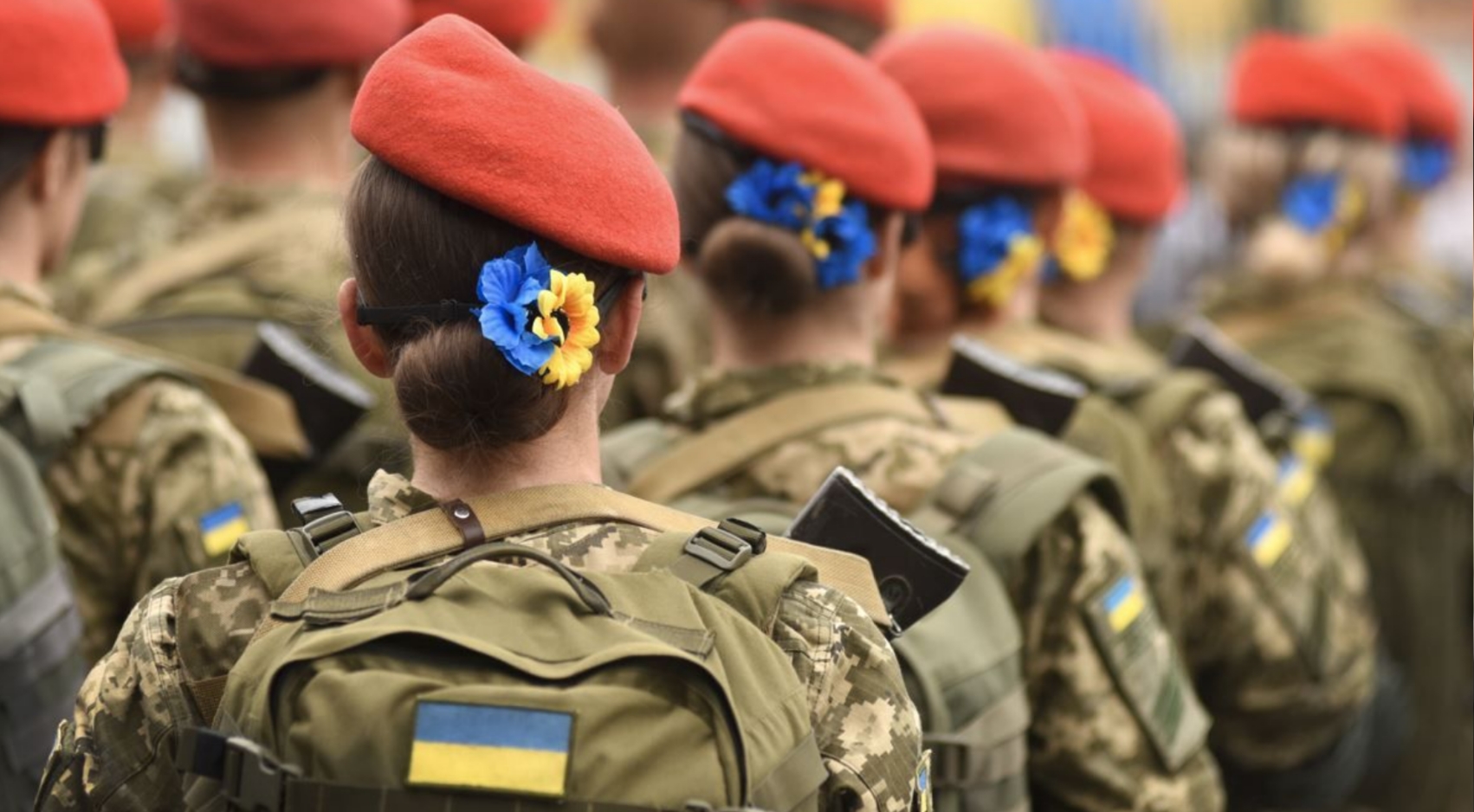European Studies Faculty Restructure Courses for Open Dialogue on Ukraine
With all eyes on Russia, instructors are adjusting their syllabi to bring current events into the classroom.

San Diego State University scholars and experts on issues of war, Russia, and Ukraine have made a pivot in their course materials to bring students critical and timely conversations about the war on Ukraine.
In the College of Arts and Letters, Daria Shembel, Russian studies director and adviser, and European studies program director Emily Schuckman-Matthews, have both restructured their syllabi to help students contextualize and understand the war as well as work through the wide range of emotions they are feeling.
In Russian studies courses, Shembel discusses the modern history of Ukraine and the history of Russia-Ukrainian relations since the collapse of the Soviet Union, the falsehoods used by the Kremlin to justify the war, the annexation of Crimea and War in Donbas of 2014, and the shift to total authoritarianism in today’s Russia.
In European studies courses, Schuckman-Matthews has replaced the regularly scheduled syllabus to have an open dialogue about the war while also offering a semi-structured lecture informing students of historical and contemporary dynamics in the relationship between Russia and Ukraine. These topics were originally scheduled for later in the semester but were recalibrated to meet the moment. Later in the semester, she plans to have students read war literature from Ukraine and learn more about President Vladimir Putin’s reign.
Shembel said, “While the extreme force of Russia’s full-scale invasion of Ukraine was surprising to even regional experts, we have been teaching about not only Russian/Ukrainian/Belarussian culture, history, and politics as part of our core curriculum for many years, but have been teaching specifically about Russia’s violation of Ukrainian (and other countries’) sovereignty since Russia annexed Crimea in 2014.”
“Our students have expressed gratitude that they already have an understanding of this region and the complicated dynamic involved.” Shuckman-Matthews said. One student who took the course Culture and Identity in Post-Communist Europe (EUROP 435) last semester, emailed expressing his appreciation that this content was covered so deeply.
“It has been really disheartening to see some of the images, especially of ordinary Ukranians trying to leave the country,” the student said. “I definitely feel that your class gave me a much better perspective of the situation and has made me much more informed throughout the crisis.”
Shembel and Schuckman-Matthews have both reached out personally to students they know who are more deeply impacted by recent events, expressing their support and letting them know they are available to talk, should the students need to meet.
Shembel said one of her Russian language students grew up in the Ukrainian diaspora in the U.S. This week she said how appreciative she is of the class and how it has become a unique place for her on-campus –– that of support, denouncing Russia's aggression, and sharing resources about the war.
This week, students with no connection to the region, attended Shembel and Schuckman-Matthews’ office hours specifically to discuss the war and ask questions of someone they feel is knowledgeable.
Many students say it is hard to concentrate on anything else but the war these days.
“Events in Ukraine have reminded much of the world what we have always known: Eastern Europe and Russia matter and understanding this region is essential in our globalized world,” Matthews-Schuckman and Shembel said. “Given our specific language and cultural expertise and transnational understanding of the region, we are particularly well-positioned to contribute to our students’ understanding of what is now a rapidly changing European and global landscape.”



